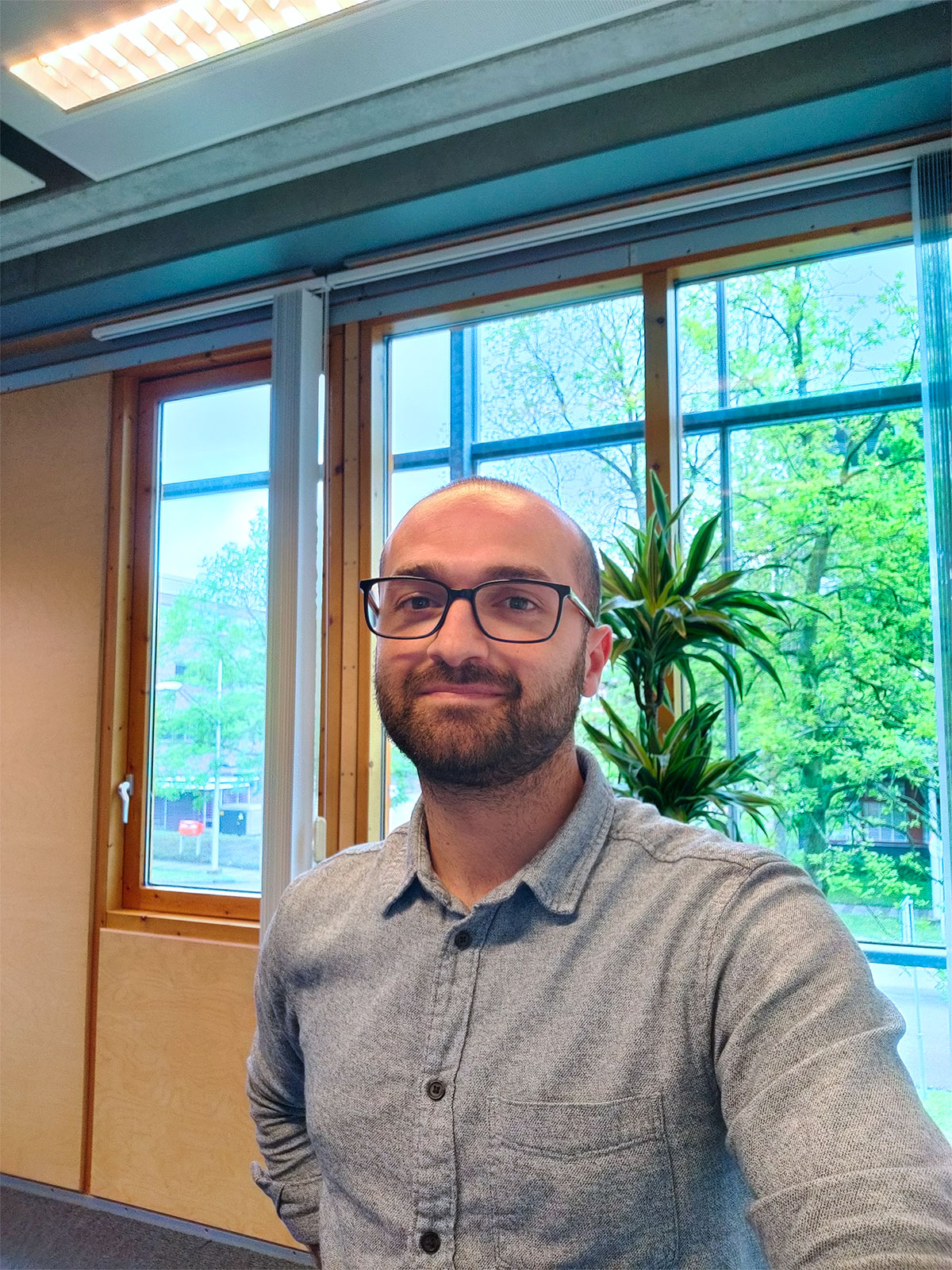Structures in Engineered Timber
Adrian Cassar, Architect & Structural Engineer
Date & Time
On demand
Price
Free
Availability
Online only
Explore the innovative potential of timber and bio-based materials in sustainable construction and become a visionary architect or engineer shaping a greener and resilient future.
This course offers a comprehensive exploration of timber as a versatile and sustainable construction material in civil engineering. Participants will delve into the principles of designing, analysing, and constructing various timber structures, from residential buildings to bridges. This course introduces aspiring engineers and professionals of the knowledge and skills necessary to harness the full potential of timber in structural engineering projects.
Difficulty Level
Appreciation. A general appreciation of the subject, as well as an understanding of how the subject may affect, or integrate, with other subjects.
Prerequisite
None
Who is this for?
This course is designed for aspiring civil engineers, architects, construction professionals, and anyone interested in sustainable construction practices. By the end of the ‘Structures in Engineered Timber’ course, participants will have gained the expertise to appreciate what needs to be considered when incorporating timber into structural engineering projects. Emphasizing sustainable and environmentally responsible practices, participants will contribute to the growing movement of creating durable, eco-friendly, and aesthetically pleasing timber structures that meet the challenges of modern construction.
Meet your instructor?
Adrian Cassar graduated from the Faculty of the Built Environment with a Masters in Structural Engineering in 2018. After experiences in engineering and project management on construction sites in Malta he then studied a second masters in Barcelona - International Cooperation Sustainable Emergency Architecture. This led Adrian to work on rural projects in Peru and Kenya. After a year of research with a local architecture office in Kenya, Adrian was entrusted to manage and supervise the Cross Laminated Timber prototype - a house design of 50 square meters to promote the use of timber in the regional sector. Throughout the design process Adrian gained invaluable experience whilst consulting with UK engineers and on-site with German & South African contractors.

Workshop aims
- Offers an overview of bio-based engineering, why and what
- Overview presentation of the material
- Engineered Timber, products and uses
- Present offshoots of engineered timber
- Bamboo structures, composite elements, hybrid structures
- Understand the direct and indirect benefits of timber engineered buildings
- The workshop aims at creating interest towards considering other materials than concrete and steel.
- The workshop aims at inviting the audience to ask and learn more about the relevancy of timber in our future projects.
Learning Outcomes
- Engaging with the European and International market.
- Get to know the material basics, its recent developments and why should Timber be considered.
- Understanding of the impact the choice of material can have on sustainable objectives.
- Have knowledge of the most used timber products in the sector.
- Awareness of the current standing questions and research - Stay intrigued to know more, learn, ask and look into possibilities of use.
- Basic knowledge of the timber sector and its relevancy in the construction industry.
- Paris Proof agreement and practical example of the necessary scale and impact.
105 Valley Road
Birkirkara, BKR 9011
Malta
Join the conversation.
Subscribe to our newsletter.